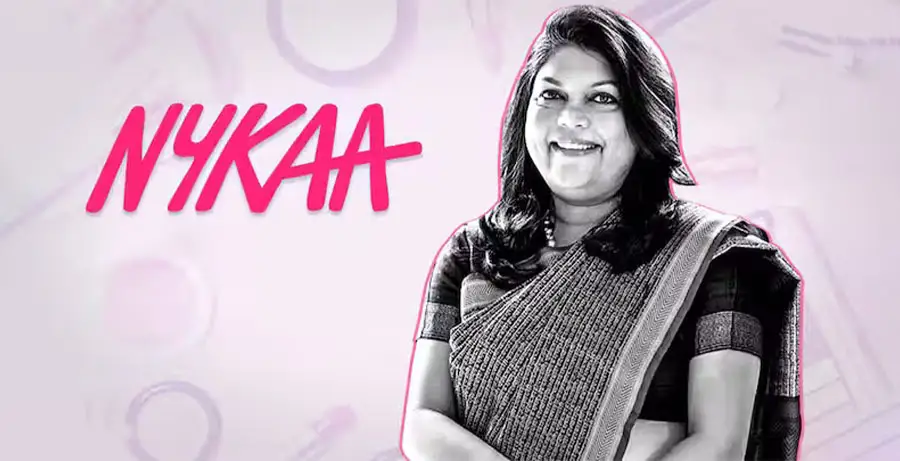
The journeys of these Indian entrepreneurs illustrate the dual nature of business success and controversy. Their innovations and leadership have propelled industries forward, but their careers are also marked by scandals and legal battles. These stories offer valuable lessons on the importance of ethics, transparency, and accountability in business. As India continues to grow as a global economic powerhouse, the tales of these entrepreneurs will remain a testament to the country’s dynamic and often tumultuous business landscape.
1. Vijay Mallya
Vijay Mallya, once known as the “King of Good Times,” built a liquor empire with United Breweries and launched Kingfisher Airlines. His flamboyant lifestyle and business acumen made him a celebrity.
However, Mallya’s fortunes took a nosedive when Kingfisher Airlines failed, leaving a trail of unpaid debts. Accusations of financial mismanagement and money laundering led to his fleeing to the UK. The Indian government has been seeking his extradition to face charges, making Mallya a symbol of corporate greed and legal evasion.
2. Subrata Roy
Subrata Roy, the founder of Sahara India Pariwar, created a business conglomerate with interests ranging from finance to real estate and media. Sahara’s elaborate marketing campaigns and Roy’s charisma made the group a household name in India.
Roy’s empire began to unravel when the Securities and Exchange Board of India (SEBI) accused Sahara of illegal fund-raising and failing to refund investors. Roy was arrested and jailed for several years, casting a shadow over his business achievements and bringing attention to regulatory oversight in India’s financial markets.
3. Nirav Modi
Nirav Modi, a high-profile jeweler, gained international acclaim for his luxurious diamond creations. His brand was synonymous with opulence and was favored by celebrities and royalty.
Modi’s career took a dramatic turn when he was accused of orchestrating a massive fraud involving the Punjab National Bank (PNB), amounting to over $2 billion. He fled India, leading to a global manhunt and his eventual arrest in the UK. Modi’s case exposed vulnerabilities in the Indian banking system and sparked debates on corporate governance.
4. Ramalinga Raju
Ramalinga Raju, the founder of Satyam Computer Services, was once celebrated as a pioneer in the IT industry. Satyam grew rapidly, becoming one of India’s leading IT services companies.
Raju’s confession in 2009 that he had falsified the company’s accounts to the tune of $1 billion shocked the corporate world. The scandal, often referred to as “India’s Enron,” led to a major overhaul of corporate governance practices in India. Raju was sentenced to prison, and the case remains a stark reminder of the importance of transparency and ethics in business.
5. Kalanithi Maran
Kalanithi Maran, the media mogul behind Sun Group, built a powerful media empire spanning television, radio, and print. His influence in the South Indian media landscape is unparalleled.
However, Maran faced several controversies, including allegations of money laundering and misuse of funds related to the acquisition of SpiceJet. Despite these legal battles, Maran continues to wield significant influence in the media industry, highlighting the complex interplay between business success and legal accountability.
6. Lalit Modi
Lalit Modi, the architect of the Indian Premier League (IPL), revolutionized cricket with his vision of a high-octane, commercialized tournament. The IPL’s success brought immense wealth and visibility to the sport.
Modi’s tenure ended in scandal when allegations of financial irregularities, money laundering, and misconduct surfaced. He fled to the UK, where he has remained in exile. Modi’s story underscores the thin line between innovation and corruption in the business of sports.
7. Anil Ambani
Anil Ambani, once one of the world’s richest men, inherited a significant portion of the Reliance empire after a high-profile split with his brother Mukesh Ambani. His ventures spanned telecommunications, infrastructure, and entertainment.
Anil’s business ventures have faced multiple setbacks, resulting in mounting debts and legal challenges. His telecom company, Reliance Communications, declared bankruptcy, and he faced legal battles over unpaid dues. Anil’s fall from grace is a stark contrast to his earlier successes and highlights the volatility of the business world.
8. Jignesh Shah
Jignesh Shah, the founder of Financial Technologies India Ltd (FTIL) and Multi Commodity Exchange (MCX), was a trailblazer in India’s financial markets. His innovations brought modern trading practices to India.
Shah’s empire crumbled when the National Spot Exchange Limited (NSEL), another venture of his, was found to be involved in a massive fraud involving thousands of investors. Shah faced multiple charges, including money laundering and fraud. The scandal led to significant regulatory changes in the commodity trading sector.
9. Chanda Kochhar
Chanda Kochhar, the former CEO of ICICI Bank, was a trailblazer for women in banking and finance. Under her leadership, ICICI Bank grew to become one of India’s largest private sector banks.
Kochhar’s career came to an abrupt halt when she was accused of nepotism and conflict of interest in granting loans to Videocon Group, which had business dealings with her husband. An internal probe led to her termination, and she faced legal scrutiny. Kochhar’s fall raised important questions about corporate governance and ethics in banking.
10. Ratan Tata
Ratan Tata, the chairman emeritus of Tata Sons, is a revered figure in Indian business. Under his leadership, the Tata Group expanded globally, acquiring iconic brands like Jaguar Land Rover and Corus Steel.
Despite his celebrated career, Tata faced controversy during the 2G spectrum scandal, where Tata Teleservices was implicated. Additionally, his public fallout with his successor, Cyrus Mistry, over governance issues and strategic differences brought unwelcome attention to the Tata Group. Tata’s legacy remains complex, blending visionary leadership with contentious corporate battles.
The journeys of these Indian entrepreneurs illustrate the dual nature of business success and controversy. Their innovations and leadership have propelled industries forward, but their careers are also marked by scandals and legal battles. These stories offer valuable lessons on the importance of ethics, transparency, and accountability in business. As India continues to grow as a global economic powerhouse, the tales of these entrepreneurs will remain a testament to the country’s dynamic and often tumultuous business landscape.




